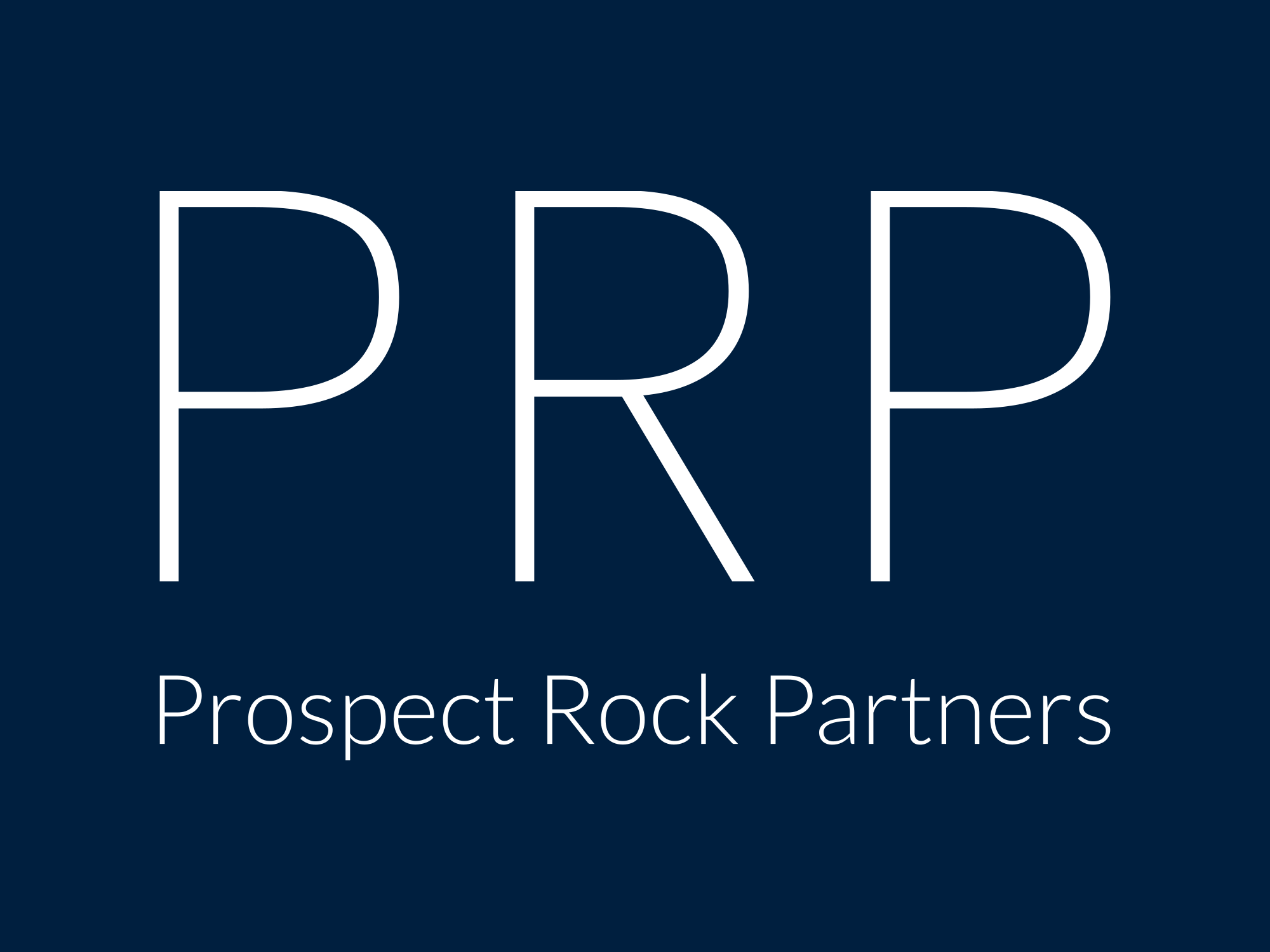What is a Lateral Hire?
When you see the term “lateral hire,” you might think:
“Finally!!! This is my opportunity to break into investment banking, ha suckers, I told you I didn’t need an MBA.”
“I currently work in risk (corporate banking or trading), my experience in banking is definitely transferrable. I’m going to apply and move over to IB at a senior level.”
“I’m a recent grad who spent last summer working in IB. That’s enough for me to apply, right?”
Nope, nope and wait for it….NOPE.
According to Mergers and Inquisitions, lateral hiring refers to the process banks use to recruit candidates with at least one year of full-time work experience in investment banking (coverage, M&A or capital markets) at another investment bank, but also in related fields such as transaction advisory services or equity research – rather than recruiting students directly out of undergraduate, Master’s, or MBA programs.
To have a good chance of securing a lateral offer, you must be in a closely related field because banks want you to start contributing immediately on Day 1 without any training. Investment banking lateral recruiting is NOT for career switchers who need time to ramp up. They need to be plug-and-play hires.
Most lateral hiring happens at the Analyst level; there is some amount of hiring for Associates (and up), but it’s more limited. As expected, the more senior the role, the less roles that are available. Most turnover happens at junior levels. It is also important to note that most investment banking recruiters specialize in placing lateral hires. That means they specialize in plucking qualified, experienced candidates out of BANK A and putting them into roles at BANK B.
When to Make a Lateral Move?
Most bankers usually make a lateral move for an uptier in brand, more money or exit opportunities. Other reasons to jump may include:
- You Want to Cover a Different Industry – If you work in a specialized industry group such as FIG or Real Estate, and you want something less specialized, you may be able to lateral to another bank. If you’re looking to switch coverage, you should be prepared to go down in brand or possibly repeat a year. As an example, it is really hard to move from CSFB FIG to BofA Tech.
- You Want to Switch Locations – Depending on the bank, it may be easier to lateral to a strong regional player from a BB or EB than try and stay at a large branded name. Regional players may have a larger presence in the market that you are looking at. Larger presence means more roles. Do your research.
- No Deal Flow – Despite the fact that you love the culture, you have not worked any live deals. The pitch-a-thon is getting old.
- Group Conflicts / Internal Politics – Your MD got fired or left, you hate your staffer, your colleagues are super assholes. Whatever your reasons, sometimes your first bank is a poor cultural fit. It’s ok. Be honest (to a point). If you experience fit issues it will be hard to argue that another “BB” or “EB” might be better. Like it or not, most of these issues are systemic to the industry. Going to another “similar” bank is not going to fix the issue.
When Not Make a Lateral Move?
There are also some bad reasons to start the lateral recruiting process, such as:
A few specific moves are also a bit pointless:
- Bulge Bracket to Elite Boutique, or Elite Boutique to Bulge Bracket – I’m not sure why you’d do this at the Analyst level. This one might make more sense for senior bankers.
- Bulge Bracket to Bulge Bracket – This one makes sense if you’re at one of the “lower-ranked” BBs in a less-than-ideal group, and you want to move to a higher-ranked bank and a better group at the same time.
I’m a Career Switcher, What About Me?
Switching into investment banking can be super confusing and challenging. Recruiters typically don’t work with career switchers unless you’re in a related field (see above). Even so, you have to be realistic when breaking into banking. Telling a recruiter that you only want to work at a bulge bracket bank will not inspire them to call you back. If you are not getting any interviews, the problem may be with your resume and your target banks. If you are not getting past the first round, the problem may be your qualitative interview answers. If you can’t get to offer, you may have an issue with your company researching strategy or your technicals.
How Can Prospect Rock Partners Help?
We understand the financial recruiting landscape and have extensive experience working with hiring managers at Bulge bracket banks, Elite Boutiques and Private Equity firms. We can help you pinpoint what went wrong and help you course correct so that it doesn’t happen again.
Prospect Rock Partners Services
- Clean-up, reformat and retarget your resume so that you can secure more interviews
- Linkedin profile analysis
- Sample mock interview questions
- Sample technical interview questions
- How to Break into Banking Networking Tips and Tricks
- Target Company recommendations
- Target Company Prep Exercises
- Mock-interviews
- Develop a customized networking strategy
- General guidance and support
We know the banks and know what they are looking for. With our guidance and support we will help you navigate this ultra-competitive job market and land your dream role.

